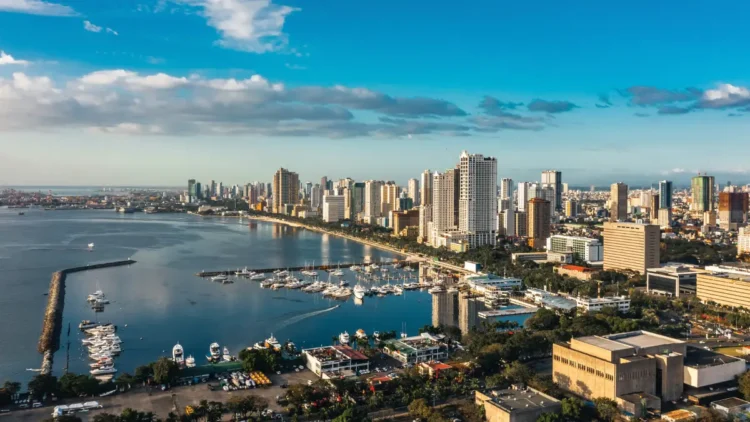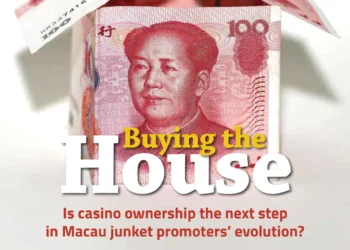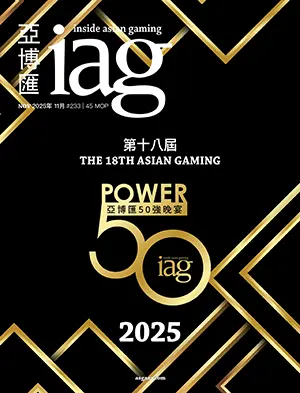With a senate hearing into the Philippines’ booming eGames, or domestic online gaming, industry already proving successful in having stricter regulations imposed, IAG takes a look at what this might mean for eGames in the coming year.
As we farewell 2025 and head into the New Year, the Philippines’ domestic online gaming sector finds itself at a crossroads. In the wake of President Ferdinand Marcos Jr’s complete ban on the offshore POGO industry, the domestic PIGO industry has now entered the political crosshairs – a consequence of the explosive growth operators have experienced since PIGO was given governmental blessing during the COVID pandemic as a means for land-based licensees to diversify their businesses.

eGames, which broadly incorporates all domestic online gaming operations such as online casino, online bingo, sports betting and even remote play of physical tables and EGMs, saw gross gaming revenues shoot up by 165% in 2024 to around Php154.5 billion (US$2.62 billion), and by another 53.5% to Php114.8 billion (US$1.95 billion) in 1H25 alone.
But a regulatory crackdown prompted by concerns voiced by a group of senators has slowed the sector’s momentum in the months since. Recognizing the need for some reform, regulator PAGCOR took the first step in July when it ordered online gaming operators to immediately remove outdoor billboards and other gambling-related out-of-home (OOH) advertisements. It also signed an agreement with the Ads Standards Council requiring all other forms of gambling advertising to be approved by the council before being disseminated.
A far more impactful change, however, came from the central bank which, in the first few days of a senate hearing on the matter, ordered e-wallet providers such as Maya and GCash to unlink from online gambling platforms.
The result was instantaneous. While PAGCOR still reported a 17.4% year-on-year increase in eGames GGR for the third quarter of this year, most of this was generated in July before restrictions were implemented. Segment revenues in August and September actually declined following the delinking of e-wallets from legitimate gaming platforms, the regulator explained.
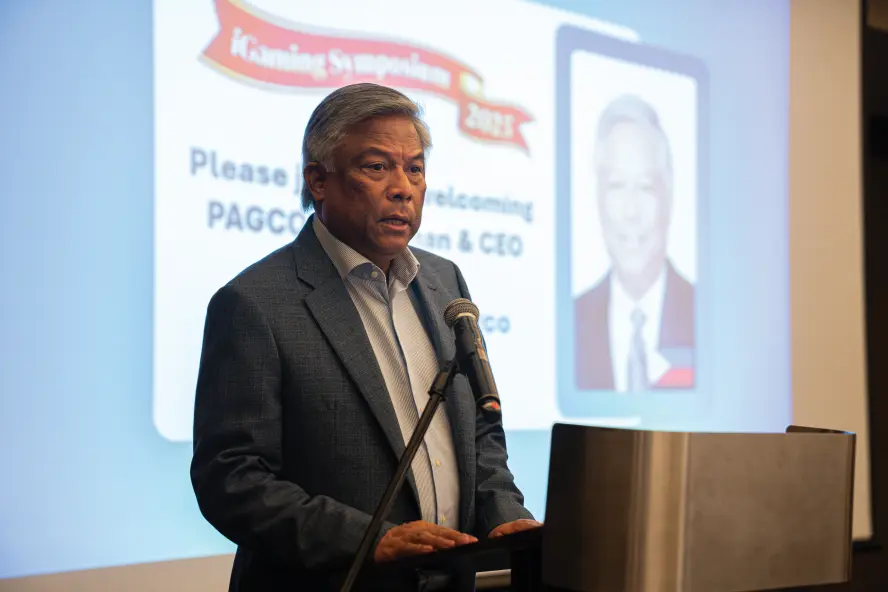
Although delinking has been viewed by proponents of the central bank’s order as an effective means of limiting the exposure of individuals to gaming platforms, it has not come without controversy. At the IAG EXPO in Manila in September, Casino Plus CEO Evan Spytma warned that delinking would only serve to unwind regulatory progress and drive licensed operators back to the illegal market by removing the incentives that encouraged them to become licensed in the first place.
“What you’ve seen [with the central bank’s] blocking of GCash and Maya is an inability [by licensed operators] to market to the public,” Spytma said at the time. “Now you have all these operators saying, ‘Really? What’s the benefit [of being licensed]? I’m going to pay a 40% tax, for what?’”
Spytma said the previous model that provided greater leeway for licensed operators to market their products had been successful in luring players away from illegal sites, and that forcing e-wallets to delink was “kicking players out to the wolves”.
“Players have no idea what is a legal site and what isn’t,” he stated.
Indications are that the central bank is now eyeing even greater restrictions on gambling platforms, such as prescribing bet floor and ceiling limits and restricting e-loans.
While many reasonable industry figures agree that tighter regulation of PIGO is necessary, the concern today is that new policy governing the sector may go too far – not only stifling the growth of a legal, regulated market but opening the door for illegal operators to fill the void.
It was with this in mind that a group of 19 licensed online gaming operators, including the likes of DigiPlus Interactive Corp, Casino Plus and Jade Sportsbet, formed in August an industry association called the PlaySafe Alliance of the Philippines which it claims is committed to responsible gaming, regulatory compliance, consumer protection and combatting illegal gambling.
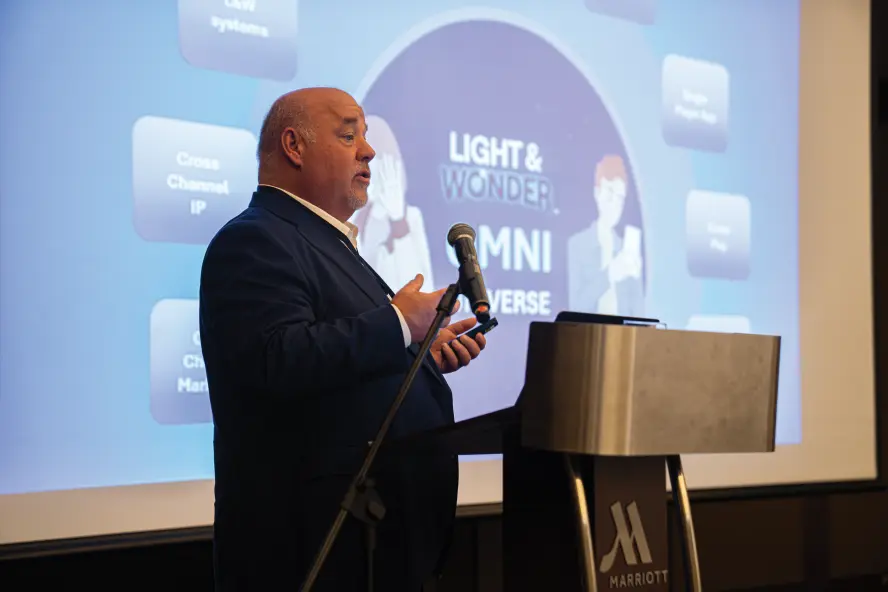
On a positive note, there appear to be encouraging noises emanating from political circles these days when it comes to the legitimacy of the industry as a whole.
Atty Vladimir F. Bedural, a local Gaming Industry Practitioner and Consultant, tells IAG that recent calls for eGames to go the way of POGO via a complete ban appear to have softened.
“Based on the noticeably milder tone emerging from recent legislative hearings, the more likely outcome is regulation over prohibition,” he observed. “Legislators appear to recognize that a domestic-only industry, unlike POGOs, does not carry the same foreign-worker, security and geopolitical complications.
“Over the course of the legislative proceedings beginning with the hearings on POGO last year, there has been a palpable change in [lawmakers’] approach towards online gaming. The gradual understanding of the industry and the possibility of simply carving out the negative elements have certainly paved the way from blanket condemnation to a compromise approach where online gaming may be allowed as long as the legal operators are supervised closely and the illegal operators weeded out.”
However, further regulatory action seems certain. The coming year shapes as a defining one for PAGCOR as it ramps up efforts to transform from an operator to a pure regulator via the sale of its 40-plus Casino Filipino branches nationally.
Bedural also believes the eGames sector may get its very own regulatory body, as either a stand-alone or a PAGCOR-adjunct digital gaming authority.
“The creation of such an independent unit will depend on a compromise among the various gaming regulatory agencies such as PAGCOR, CEZA (Cagayan Economic Zone Authority), AFAB (Amusement and Gaming Facilities Advisory Board), APECO (Aurora Pacific Economic Zone and Freeport Authority) and others who will have competing interest to maintain their regulatory power over their respective territorial jurisdiction,” he said.
 Other priority measures, the lawyer suggests, will be the lowering of gaming tax rates and enhanced law enforcement against illegal online operators including the use of AI-driven monitoring systems and advanced digital-forensic tools to track them down.
Other priority measures, the lawyer suggests, will be the lowering of gaming tax rates and enhanced law enforcement against illegal online operators including the use of AI-driven monitoring systems and advanced digital-forensic tools to track them down.
Likewise, bank transactions will almost certainly come under greater scrutiny in the wake of the ongoing flood control graft scandal that has gripped the country, possibly impacting both online and offline gaming operators.
The bigger question therefore is what will become of the domestic online gaming sector in the long-term. For existing industry players, the goal will be for a reasonable regulatory framework to be agreed by stakeholders that allows for licensed operators to provide and promote their products to a domestic audience while implementing globally-recognized controls that have until now failed to keep up with the rapid pace of the legal sector’s expansion.
Yet political threats endure, particularly given the current administration’s branding of the now defunct POGO industry as a fallout from the previous Duterte government. Could history repeat?
“If the POGOs could be associated with the previous administration, it is possible that in retaliation, the existing toleration of domestic online gaming (or PIGOs) may later on be used to attack the current administration,” Bedural warns. “This is one scenario where the President could be forced to enforce a much stricter regulation, if not a ban similar to POGOs.”






